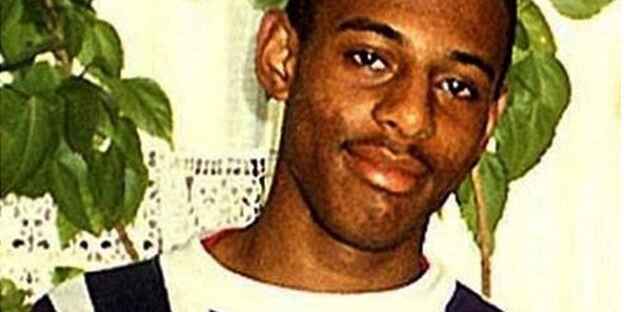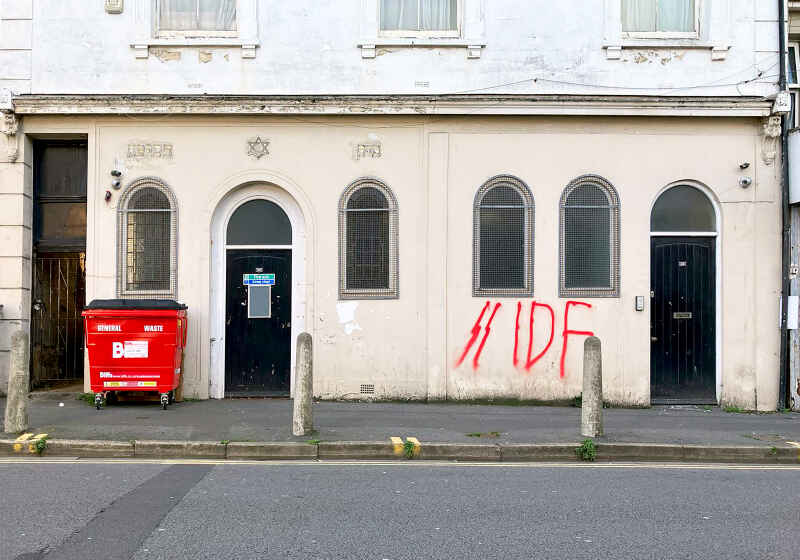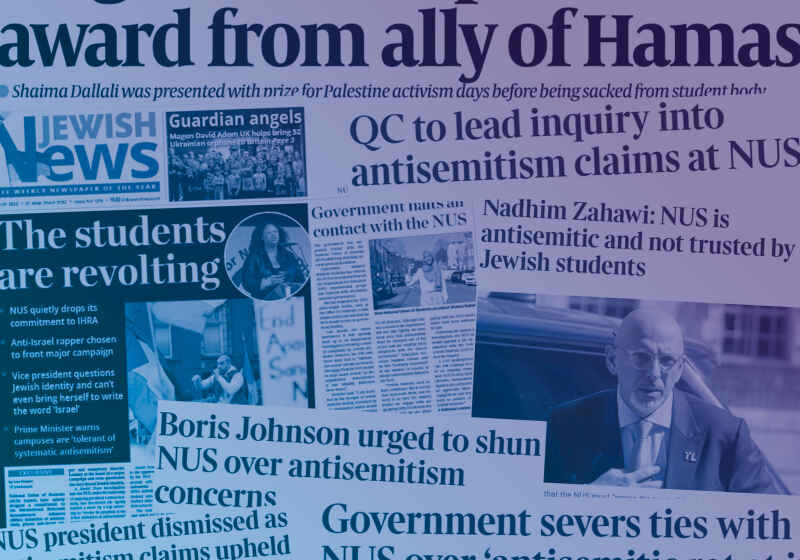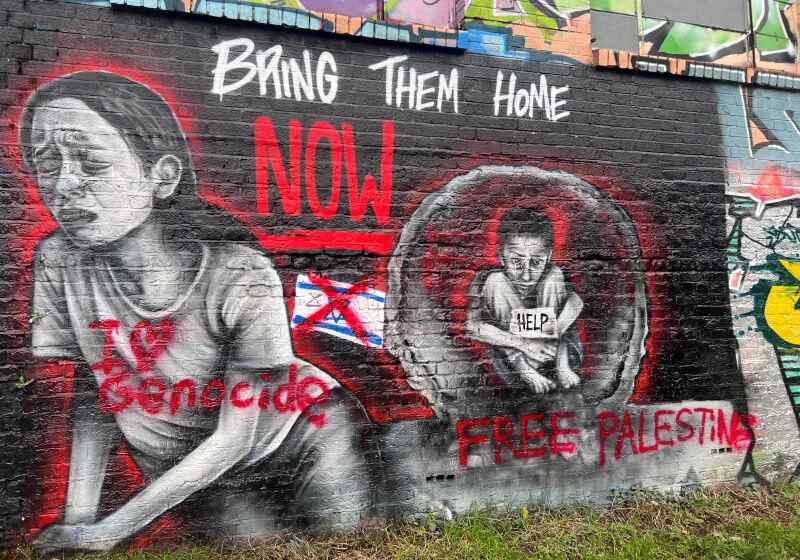CST Blog
The Stephen Lawrence Inquiry 20 years on. What have we learnt ? What still needs to be done?
4 April 2019

CST staff recently spoke on a panel at a conference titled The Stephen Lawrence Inquiry 20 years on. What have we learnt? What still needs to be done? put on by the John Grieve Centre, London Metropolitan University.
The conference’s keynote speaker was Dr Neville Lawrence, OBE, father of the late Stephen Lawrence, who spoke alongside John Azah OBE, the CEO of Kingston Race and Equalities Council. The opening remarks of the conference reflected on London life and the experience of policing for BAME families 25 years on from losing Stephen.
The conference heard from the National Police Chief’s Council’s, Paul Gianassi OBE about the progress in achieving the 70 recommendations of the Macpherson Report that looked into the circumstances and evidence surrounding Stephen’s death and the subsequent Police investigations. Cressida Dick CBE, QPM then addressed the conference regarding the police perspective of the Stephen Lawrence Inquiry action plan.
While the conference had important key speakers who were involved in the Stephen Lawrence Inquiry itself, it was also intended that the conclusions would be informed by the lived experience of BAME communities represented their delegates present on the day.
The conference included short talks from panellists from a variety of different communities and organisations that represent and support BAME groups, including Yvonne MacNamara, CEO of The Traveller Movement speaking alongside Jim Davies, founder of the Gypsy Roma Traveller Police Association and Fiyaz Mughal OBE and founder of Tell MAMA which supports victims of anti-Muslim hate crime. CST’s Head of Government Affairs and External Relations, Jonny Newton, represented CST and the Jewish community on a panel discussing what the community and the police can do to reduce hate crime and violent street crime. Giving views from within the Jewish community and talking about our own unique work with the Police, it was an opportunity to share lessons learned from a strong working relationship that has slowly developed over decades of mutual dedication to supporting Jewish victims of hate. CST was able to give a brief view from the Jewish perspective of hate crime affecting our communities here in Britain, how antisemitism has changed over the years and our experience and advice on what works to help improve the situation, either by police or from within our community.
The conference itself involved over 165 delegates, with places set aside for representatives from schools and police. Places were planned to get the right balance between lay people, those with a professional role with hate crime or equalities and students and staff from London Metropolitan University.


